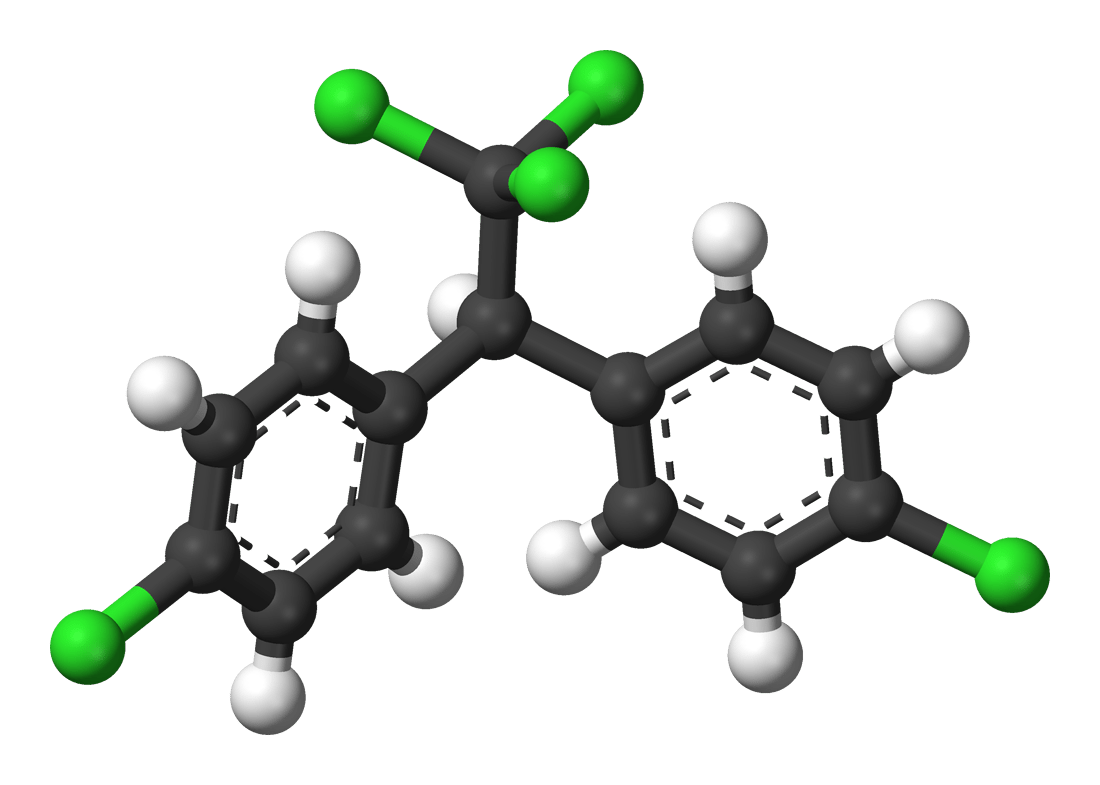Year: 2014
Communicating Health Science News
A recent study addresses the problem of sensationalism in the communication of science news, an issue we deal with on a regular basis. The study was titled “The association between exaggeration in health related science news and academic press releases: retrospective observational study“. The results show two interesting things – that university press releases frequently overhype the results of studies, and that...
Study of “Acupressure” for Constipation
A recent study in the Journal of General Internal Medicine evaluated a treatment for constipation. It tested whether training patients to massage the perineum (the area between the vagina or scrotum and the anus) would improve their reported bowel function and quality of life at 4 weeks after training. They found that it did. It’s a simple, innocuous treatment that may be...

Hostility towards scientific consensus: A red flag identifying a crank or quack
Deniers of well-established science, such as the anthropogenic climate change, the theory of evolution, and vaccine science, frequently attack the scientific consensus. Some go farther and attack the very concept of a scientific consensus. When you see such attacks, you know you're dealing with a crank or, in the case of medicine, a quack.
Homotoxicology
What you’ve just said is one of the most insanely idiotic things I have ever heard. At no point in your rambling, incoherent response were you even close to anything that could be considered a rational thought. Everyone in this room is now dumber for having listened to it. I award you no points, and may God have mercy on your soul....

SFSBM Report upsets naturopaths. We’re fine with that.
The Maryland Naturopathic Doctors Association is not pleased with the Society for Science-Based Medicine. Not at all. That is a good thing, for several reasons. It demonstrates the importance of stopping naturopathic licensing (and practice expansion) legislation in the state legislatures. It shows how they handle legitimate criticism of their practices. And it is a lesson in their modus operandi of obfuscating...
Risks of CAM Treatments for Cancer
“What’s the harm?” is an insidious idea when used as a justification for unscientific medical treatments. The argument is typically put forward with the assumption that direct physical harm is the only type of harm that can result from such treatments, so as long as they aren’t toxic there is no downside to trying them. Harm comes in many forms, however: delayed...

Pesticides: Just How Bad Are They?
I think everyone would agree that it would not be a good idea to put pesticides in a saltshaker and add them to our food at the table. But there is little agreement when it comes to their use in agriculture. How much gets into our food? What are the effects on our health? On the environment? Is there a safer alternative?...
Vani Hari, a.k.a. “The Food Babe,” finally responds to critics
It’s no secret that we here at Science-Based Medicine (and many scientists and skeptics with a knowledge of basic chemistry and biology) have been very critical of Vani Hari, better known to her fans as The Food Babe. The reasons for our criticisms of her are legion. Basically, she is a seemingly-never-ending font of misinformation and fear mongering about food ingredients, particularly...
No, the CDC did not just “admit” that this year’s flu vaccine doesn’t work
Since the press release was originally issued on Thursday by now surely most of you have seen the news stories that popped up beginning yesterday morning with headlines like “CDC Warning: Flu Viruses Mutate and Evade Current Vaccine“, or “Flu vaccine protects against wrong strain, US health officials warn“, or “Flu shots may not be good match for 2014-15 virus, CDC says“,...
Outcome Bias in Clinical Decision Making and the Assessment of Our Peers
There are many mental pitfalls and logical stumbling blocks faced by healthcare professionals when attempting to untangle the complex web of patient history and physical exam findings. They can impede our ability to practice high quality medicine at every step in the process, interfering with our ability to establish an accurate diagnosis and to provide comfort or cure. And we are all...

